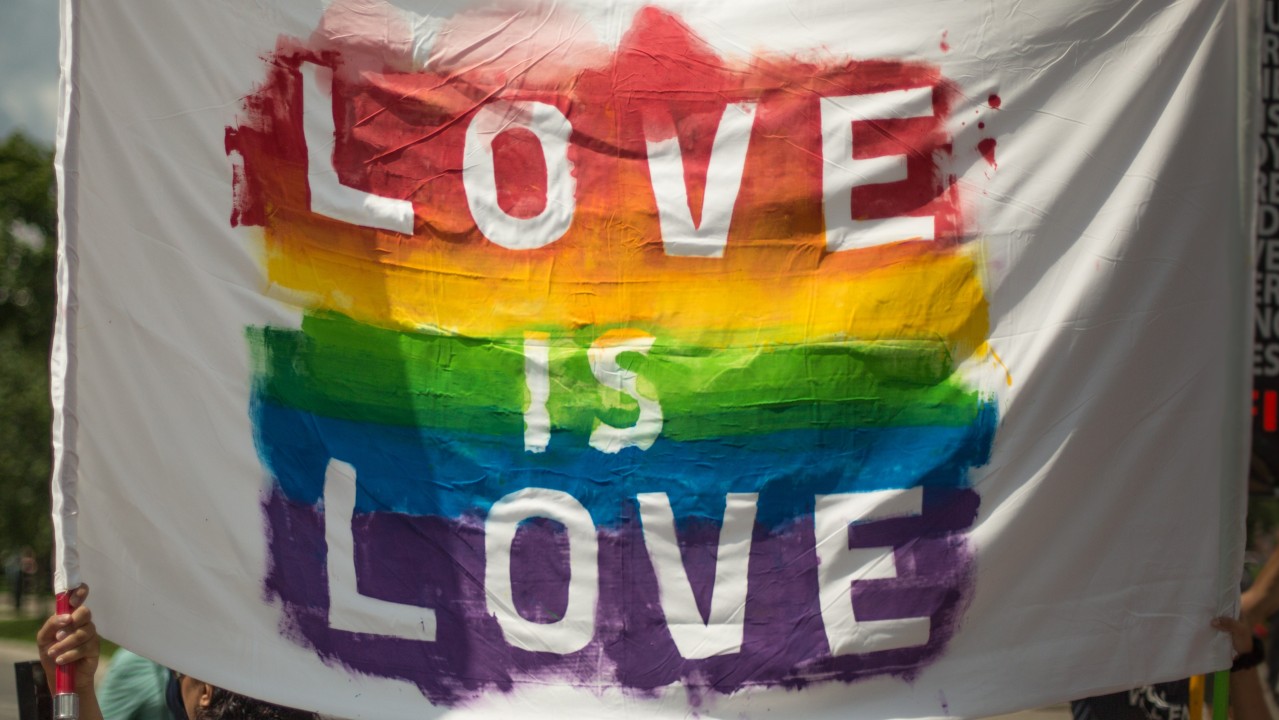
How Should I Deal with Unaccepting Parents & Friends After Coming out as LGBT?
By: Alisa Kravtchin
Being a part of the LGBT community continues to be a struggle in many parts of the world, and although we have seen immense improvement over time, everyone in the community has hit a point in their lives where they felt the pressure of people’s expectations and judgments.
Coming out is not easy. Worries of being unaccepted and pushed away by your close-knit circle of people you love are completely valid. In many cases, family and friends welcome you in with their arms and hearts open. But, unfortunately, this is not always the case. Sometimes, friends and family’s initial reaction to your coming out may be negative. The initial shock can lead them to say or do things that may be hurtful to you. Today, with the help of Carlos Martin, one of Wemby’s psychologists, we will go over some ways that may help you deal with unaccepting parents and friends.
How should I deal with it initially?
The trouble with the reactions of friends and family is that they will not always be positive, however, the good thing is that the initial negative reaction they may have is not always something that will last long-term.
The initial shock your friends and family may experience could sway them to act negatively when in reality they just need some time to come to terms with your announcement. Regarding past patients who went through similar situations, Carlos Martin mentions,
“There is a question that I use a lot in therapy and I have recommended my patients to ask it when we want to understand others or when we want to understand ourselves: What do you feel? What do they feel? When parents or friends are unaccepting, I begin the thought process by asking: What do they feel that makes them not want to accept your sexual orientation?”
By understanding where these negative emotions may be coming from, we can better understand others and try to put things into perspective. Sometimes, parents or friends may react negatively because they are afraid of change. Try not to judge them for how they process the news and instead remind them that you are still you. You continue to be a valid person and a member of their family, whom they love. However, this tactic might not always work, and your loved ones may be truly unaccepting of your sexual orientation later on. Try your best to empathise with them and understand their perplexity. Instead of attacking them for their backward views, try to educate them on the topic and carefully guide them towards a better understanding, remembering that this process will probably take some time.
How long should you wait?
You have given them time, empathised with them, and did everything you could to help them understand you, and still, nothing is changing. Even though it may be hard on you, tell them you love them. Tell them you still care about them and you want them in your life. Carlos Martin, Wemby psychologist gives us some insight: “It is part of being a human being that we want our parents or relevant people in our lives to approve of us, accept us and love us. But this is not always possible.”
Carlos continues, by saying that,
“Here we have to work on acceptance: accepting that my parents don't see my lifestyle, my sexual orientation, or my way of relating to others as okay. But that's just it, my life goes on. And being part of the LGBT community is not a disease, it's not a bad thing! Go kiss who you want to on the street, go hug your partner! Everyone has the right to do what they want and love who they want”.
Yes, it will be so frustrating. You will have done everything you could and you will still not have their support. At this point, you can evaluate two potential options for your next actions. Something you can consider is building boundaries, distancing yourself, or cutting them out of your life. It is not an easy choice, but one you can contemplate making to help keep your mind healthy. You can do everything possible to help them understand that being LGBT is okay, but ultimately they are the ones making the heartbreaking choice of not being in your life.
Being LGBT is perfectly normal
Carlos continues to advise us by saying that: “I would like to send a message of hope. Just because they do not accept us does not mean that we will not find our place in this world, our family, our chosen family; formed by friends or partners. There is another life beyond parental approval.”
Being different is always hard, but that’s what makes you unique. Don’t let anyone make you feel ashamed of who you are. Surround yourself with a group of empowering, uplifting individuals, much like yourself and you won’t be scared to come out to anyone because you will know your friends have your back. Remember that you should: “Be who you are and say what you feel, because those who mind don’t matter and those who matter don’t mind”.
If you are still struggling with accepting your parents’ reactions and feeling whole without their support, Wemby's team of expert psychologists may be able to help you work through your feelings.
Wemby provides online therapy and wellbeing services delivered by experienced psychologists. Our team is here to help you start building your balance and emotional wellbeing today.
Download the app, complete a matching questionnaire and get paired with a therapist with the best licensed professional to match your needs.